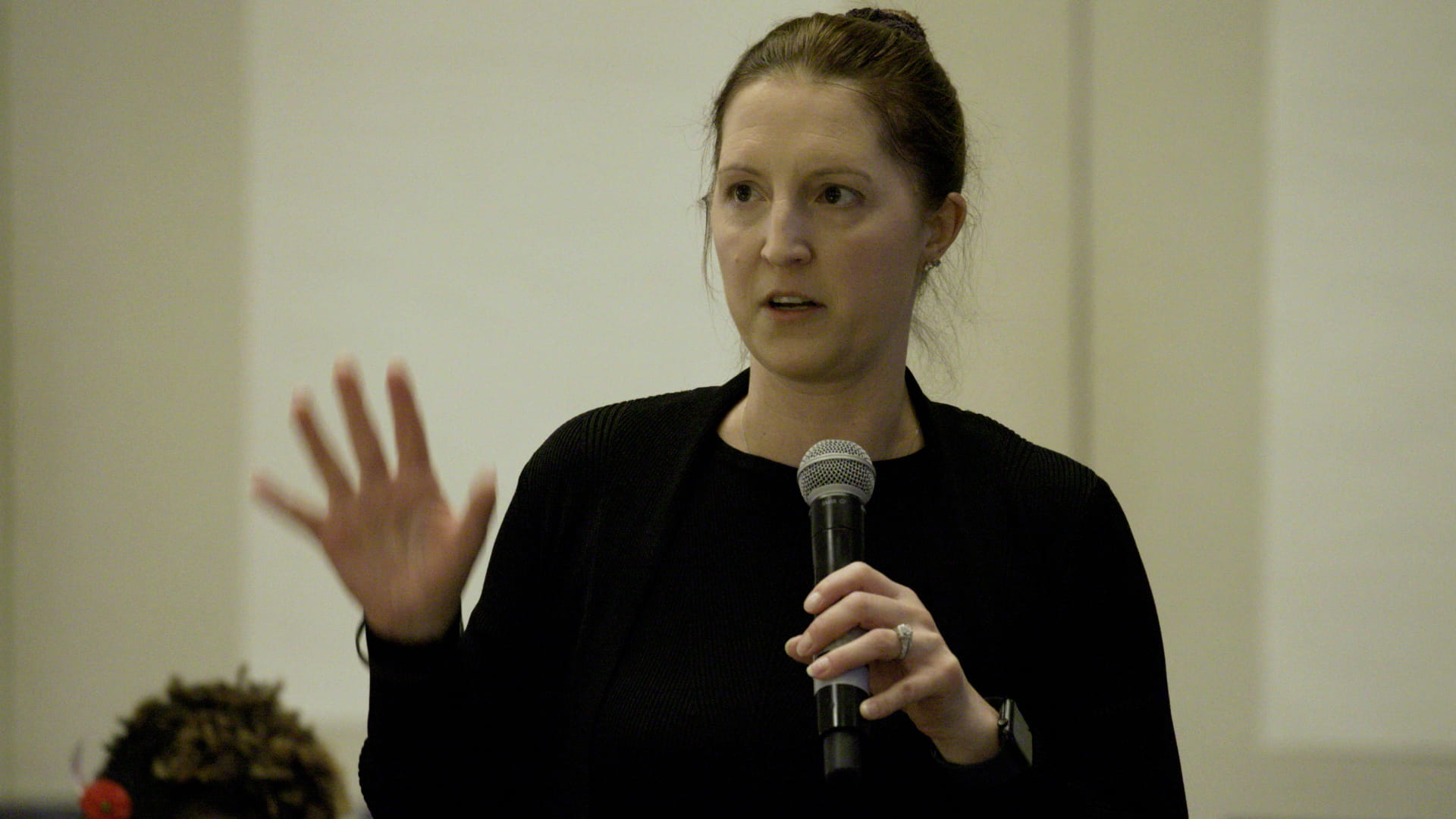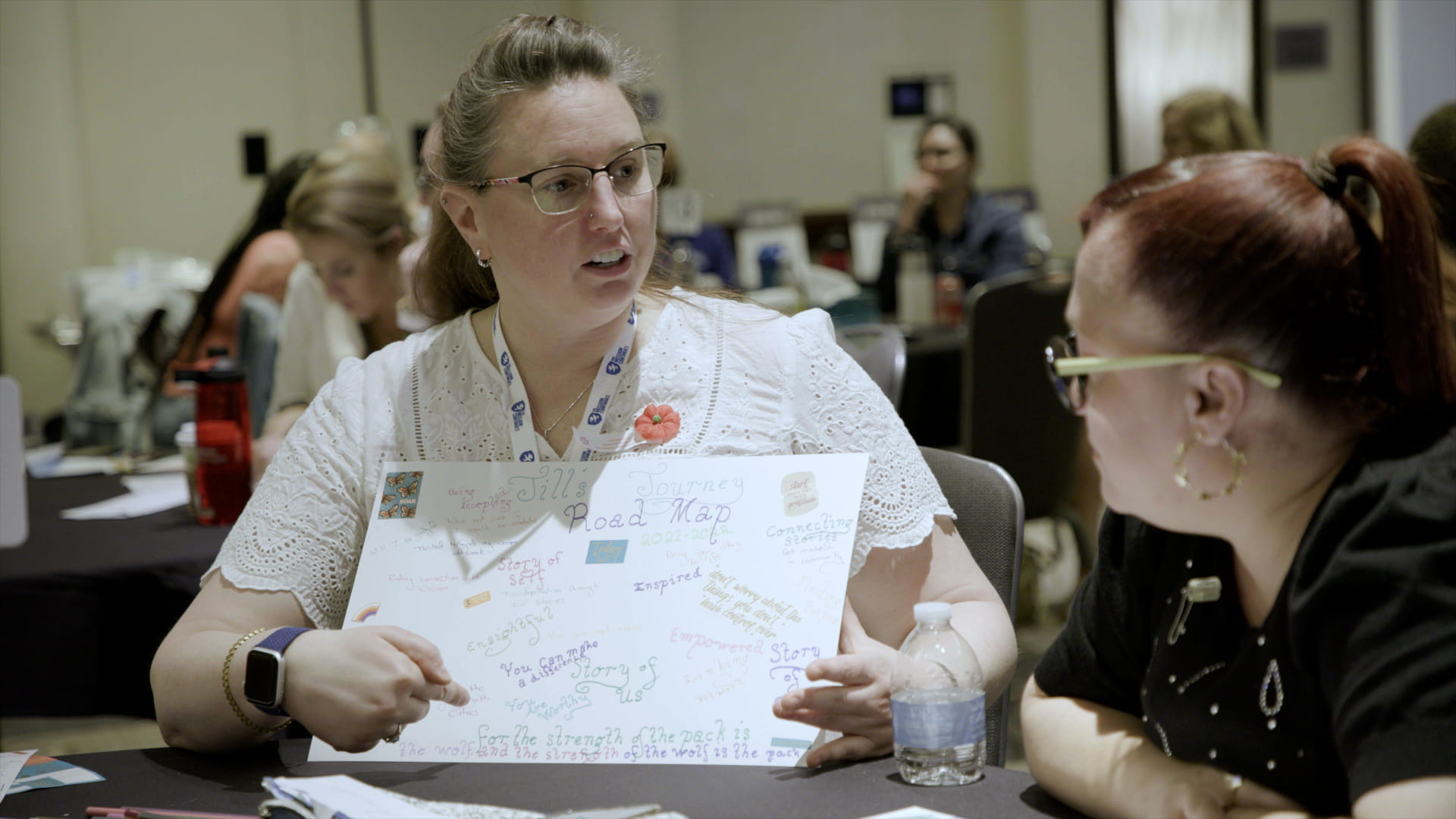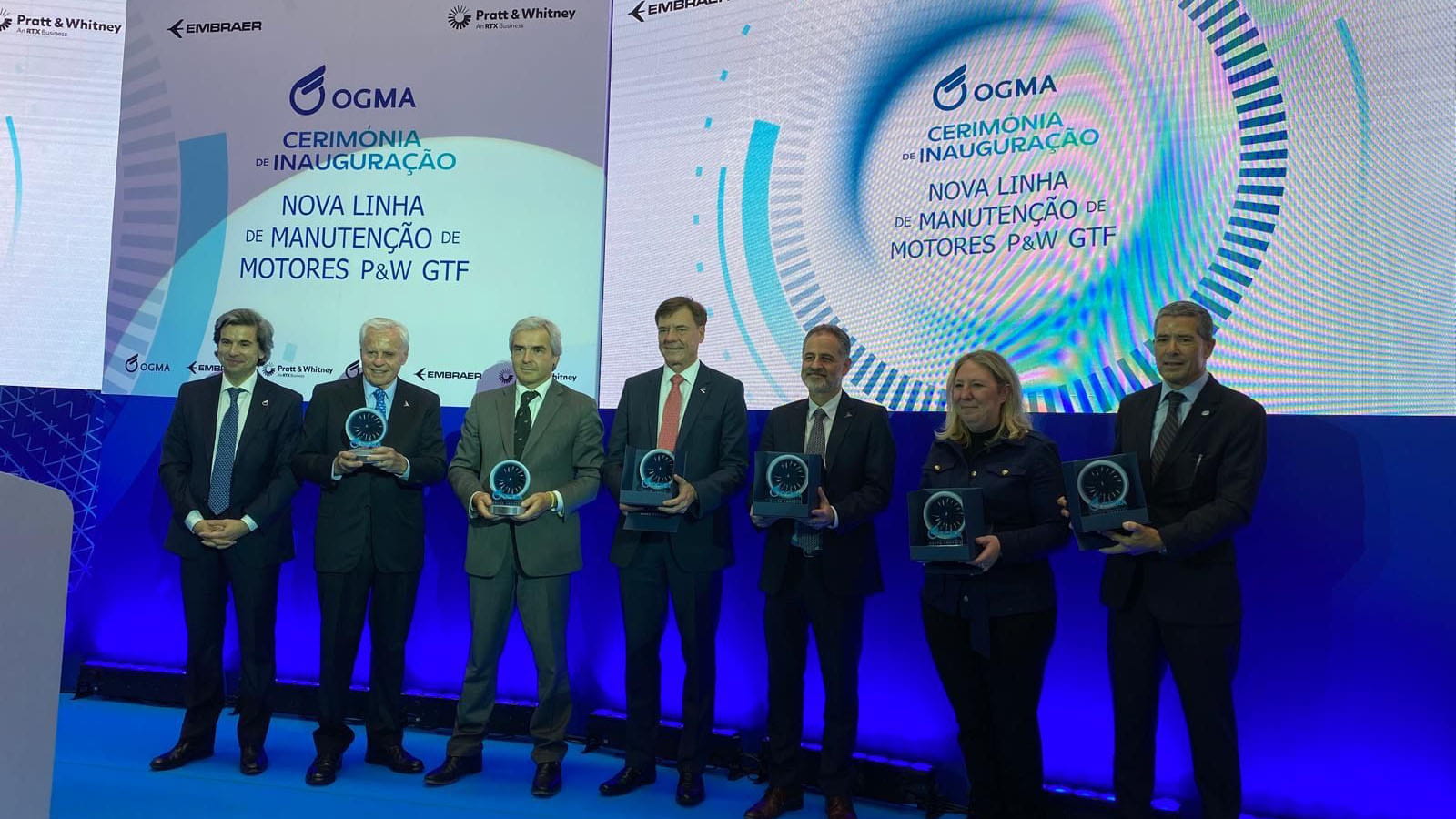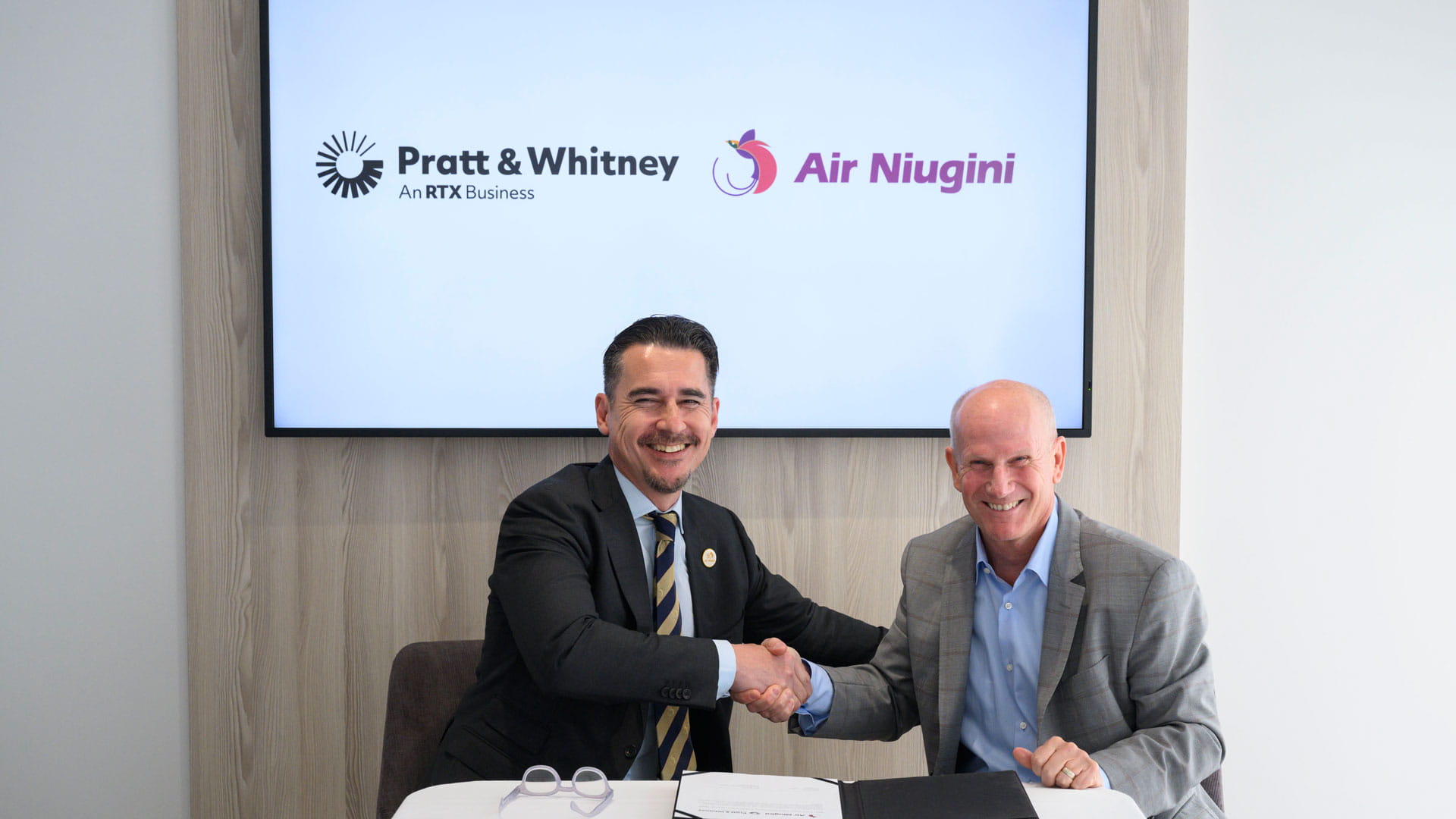For women veterans, a chance to lead and grow
Inside The Mission Continues’ Women Veterans Leadership Program
When Katie McClinton enlisted in the U.S. Army, she made it her personal mission not to stand out.
She kept a low profile in basic training, and again when she deployed with the Third Brigade Third Infantry Division, where only about three percent of her fellow soldiers were women.
“When you’re a woman in the military, especially during basic training, you don’t want to stand out. You don’t want to advertise yourself as a woman. That stays with you,” she said. “For a woman, even the idea that you’re a veteran can be something that people simply don’t understand.”
But some people do understand – and McClinton, who now works in ethics and compliance for Raytheon Missiles & Defense, a Raytheon Technologies business, has found a group of them through a program run by The Mission Continues, a strategic partner in Raytheon Technologies’ Connect Up initiative.
The program, called the Women Veterans Leadership Program, helps participants build their professional networks and leadership skills by demonstrating how their military experiences have shaped their values, how their backgrounds can serve as pathways to leadership opportunities, and how to build plans to support causes they find important.

“For a woman, even the idea that you’re a veteran can be something people simply don’t understand.”
Katie McClinton | U.S. Army veteran | Raytheon Missiles & Defense
Breaking the isolation
The isolation women often feel in the military can have harmful effects on their physical and mental health, according to a study commissioned by the organization Disabled American Veterans. That study found women “face cultural barriers to full integration into military service, recognition as veterans and barriers to services and benefits.”
Connecting veterans to other veterans has proven a successful strategy to reduce the effects of social isolation. The Mission Continues conducted internal research of veteran peer support programs and found them effective in building relationships and accessing services and resources.
The power of peer support programs is familiar to retired U.S. Navy Adm. CJ Jaynes, who now works for Raytheon Intelligence & Space, a Raytheon Technologies business, as an executive technical advisor for the business’ Joint Precision Approach and Landing System.
“Sometimes, when I meet fellow female veterans, they feel like no one wants to hear their story. Every story needs to be heard. You may have an impact on someone or may make a difference in their life, just by telling your story,” Jaynes told a group of 70 women veterans in a keynote address at the Military Women’s Memorial at Arlington National Cemetery. “You have all chosen to make a difference in this world. It doesn’t matter what your passion is or what platform you use – just know that your contribution is important and your impact is powerful. You are empowered to make a difference.”
A shared culture
For Jill Johnston, a 22-year U.S. Air Force veteran and now an intelligence analyst at Raytheon Intelligence & Space, her participation in the Women Veterans Leadership Program “really lets me be myself,” she said.
“We have our certain language. It’s a little more direct, but with these people, I don’t have to filter myself... I’m excited that I have this opportunity through this group. These women are empowering me to be an authentic leader.”
U.S. Air Force veteran Lori O’Donley, a senior manager of communications for Collins Aerospace, a Raytheon Technologies business, said her cohort’s kickoff event in Seattle “was what I needed and didn’t know I needed.”
“The program intentionally brought together the most rich and diverse group of women veterans ready to lead and make change in their community,” she said. “I’ve found friends I can be authentic and vulnerable with, and who I can lead with.”

“These women are empowering me to be an authentic leader.”
Jill Johnston | U.S. Air Force veteran | Raytheon Intelligence & Space
A call to action
The Mission Continues is a service organization, so one key part of the program is the “call to action,” where participants identify a cause they care about, then recruit others to join them in supporting it.
For McClinton, her cause was clear: She wants women veterans to know they’re not alone. She was so taken with the camaraderie she saw in her cohort’s initial event that she is asking the other participants to reach out to one another in small groups at least once a month.
“One of my biggest takeaways from the program is the sense of connection we were able to make to other women veterans,” she said. “I don’t want to see that disappear.”


